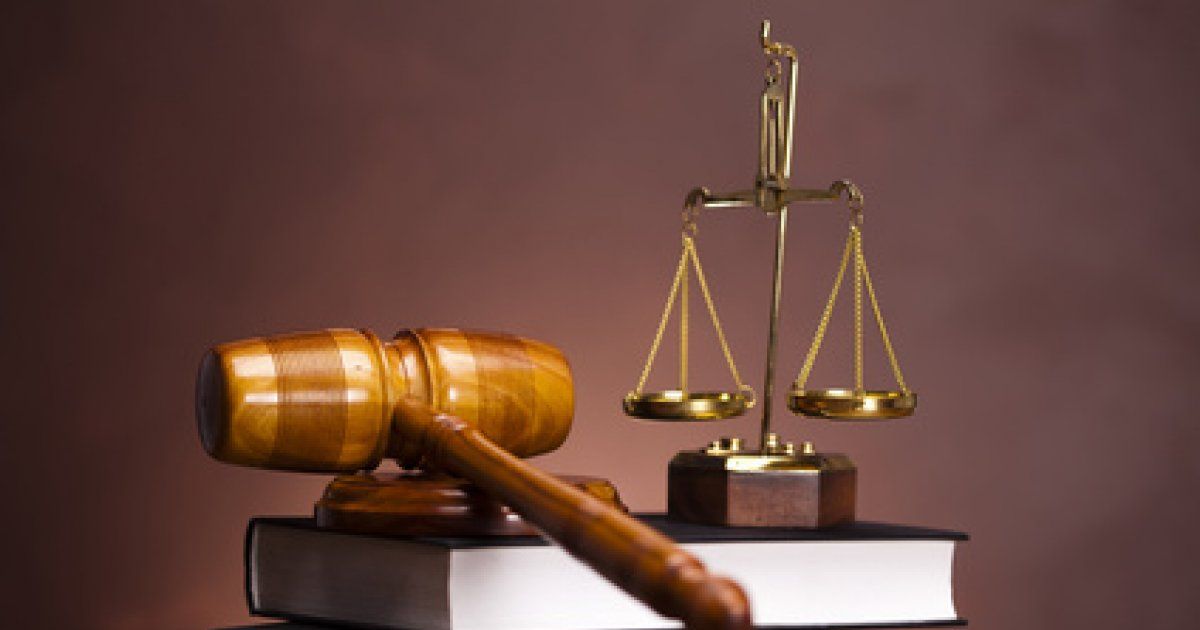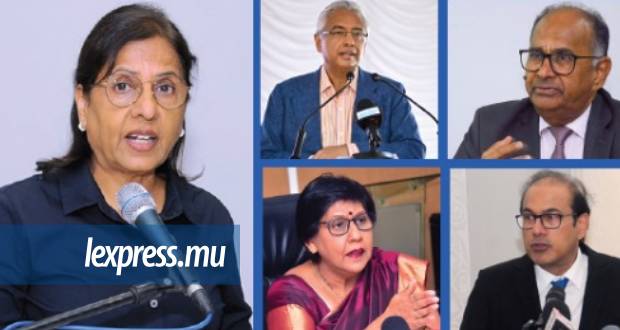Publicité
A law that criminalises people in severe pain is a bad law
Par
Partager cet article
A law that criminalises people in severe pain is a bad law

"Why are so many countries now saying medical marijuana is ok?" It is a question that our politicians refuse to ask, despite the fact that many countries, including various states in the USA, Canada, Uruguay, etc have decriminalised the use and sale of medical marijuana, and others like Mexico, Luxembourg, New Zealand are seriously considering the use of referendums to gauge the public mood towards that recreational drug.
This paper is not a plea for either the decriminalisation or the depenalisation of marijuana. It is rather an examination of the broad brush approach of our antiquated laws against drugs which in effect makes the ordeal endured by our citizens suffering from chronic pain a lot worse, when all they are offered is ineffective, 'legal' pain killers. Unfortunately the debate in Mauritius over marijuana remains one based on prejudices, and has taken an unsubtle and rather crude racial dimension which seems to focus on Rastafarians, who view it as part of their culture. And not many people are saying much about the proven medicinal properties of marijuana.
The use of marijuana for medical reasons is now allowed in 33 out of the 50 states of the USA; in the UK, since November last year, doctors have been allowed to prescribe marijuana products. Lesotho, South Korea, Thailand, Israel and other countries have followed suit. Thailand approved marijuana for medical use and research on Xmas day 2018, the first legalization of the drug in a region with some of the world's strictest drug laws. Lebanon is seriously considering the legalisation of marijuana production for medicinal purposes in order to boost its economy. In the US and Canada, images of sick children being denied potentially life-changing medicines had a tremendous impact on public opinion - a concern that brought forward legalisation of marijuana for medical purposes. In June, 12-year-old Billy Caldwell, who has severe epilepsy, was admitted to hospital after his medical marijuana oil was confiscated. A month later, a special license to use marijuana oil was granted to seven-year-old Alfie Dingley, who has a rare form of epilepsy. Following these high-profile campaigns, the UK government changed the law to allow doctors to prescribe marijuana products.
According to studies, there are some evidence that medical marijuana can offer medical benefits. It has proved to help a lot of patients with life limiting conditions such as severe autism, epilepsy, cerebral palsy, cancer and many more mental disorders. Patients are turning away from mainstream medicines and turning to medical marijuana because it gives them control over their illness. It enables them manage their health in a way that is productive, efficient and comfortable for them.
Nonetheless, medical marijuana may have some risks, but they may not be as huge and as scary as opponents of medical marijuana would have us believe. The risks are considered to be minimal when used at low doses.
Countries around the world are moving towards some form of legalisation which will allow their farmers to have access to the potentially lucrative medicinal marijuana markets that are developing. Even corporations have also expressed an interest. For example, Altria, which owns cigarette brands including Marlboro, has made a $1.86bn (£1.46bn) investment in a Canadian marijuana company.
Marcel Bonn-Miller, PhD, a substance abuse specialist at the University of Pennsylvania Perelman School of Medicine opined that "The greatest amount of evidence for the therapeutic effects of marijuana relate to its ability to reduce chronic pain, nausea and vomiting due to chemotherapy, and spasticity [tight or stiff muscles] from Multiple Sclerosis," In the Netherlands, the Office for Medical Marijuana recommends its consumption in the form of herbal teas or by using vaporizers, devices that can inhale the active principle of marijuana in the form of steam, without burning or producing carcinogenic residues.
Remember, in order to obtain medical marijuana, you need to have a medical prescription from a qualified doctor, and be suffering from a condition that qualifies for medical marijuana use. Conditions for which existing treatments, whether drugs or non-drug approaches, are ineffective or poorly tolerated include chronic refractory pain, including those related to nerve damage, some palliative situations, the adverse side effects of cancer care, multiple sclerosis, some forms of epilepsy, and some rare but very painful diseases which do not respond well to 'legal' medication/painkillers. There is absolutely no reason to deny medical marijuana to patients suffering from terrible pain, even if it is used as a last resort, after the failure of 'traditional and legal' treatment.
While marijuana isn't strong enough for severe pain (for example, post-surgical pain or a broken bone), it is quite effective for the chronic pain that plagues millions of people around the world. Part of its allure is that it is clearly safer than opiates (it is impossible to overdose on medical marijuana and far less addictive). In particular, marijuana appears to ease the pain of multiple sclerosis, and nerve pain in general. It has also been used quite successfully for fibromyalgia, endometriosis, interstitial cystitis, and most other conditions where the final common pathway is chronic pain, and to manage nausea and weight loss. It can also be used to treat glaucoma.
What is the situation in Mauritius? We seem to live in a vacuum that ignores what is happening in the rest of the world. Our economy is in terrible shape, and any source of new income would be a boon to our finances. We produce excellent marijuana here, albeit illegally, we have the right climate for its growth, and we are not even in the starting line up to attract the big pharmaceutical companies to come and invest here for the production and refinement of medicinal marijuana products.
Why? It is all about politics, about the dread of politicians to be accused of being the drugs dealers' friend, although God knows we have always had a few of them whose hands are elbow deep in far more dangerous drugs than marijuana. Because of this irrational fear and deep seated prejudices, our politicians are not even willing to contemplate relaxing the rules for those suffering from terrible pain as a result of their illnesses.
One of the few doctors in Mauritius who has shared an opinion with us on this issue is Dr Hemlata Charitar-Sookha, Specialist in psychiatry at Wellkin Hospital, and Member of the American Psychiatric Association: "Whether we are pro, neutral or against medical marijuana we need to be open minded about it. More and more studies have shown benefits in pain, epilepsy, nausea/vomiting in patients with cancer chemotherapy. Most common use is for pain control. It seems to be safer than opioids.... Medical marijuana laws are constantly being changed worldwide, as it has been shown to be effective in managing pain and it can decrease use of opioids for pain control in many chronic conditions. I believe it can be useful in conditions where there has been failure of other approved drugs to control symptoms, but it should be administered under strict medical prescription under the dangerous drugs act and prescribed by physicians who are familiar with the possible psychiatric implications in vulnerable patients"
A law that stops patients from legally accessing the marijuana derivatives which would assuage their terrible pain and discomfort is a bad, inhumane law. To say that we need more research to assess the risks and that we do not need to make any changes now is to miss the point entirely. Medical marijuana is gaining ground in many countries around the world where healthcare systems are far ahead of us. We absolutely have to learn from them, and if we do, we can guarantee all our patients will have a much better experience.
Publicité
Les plus récents






